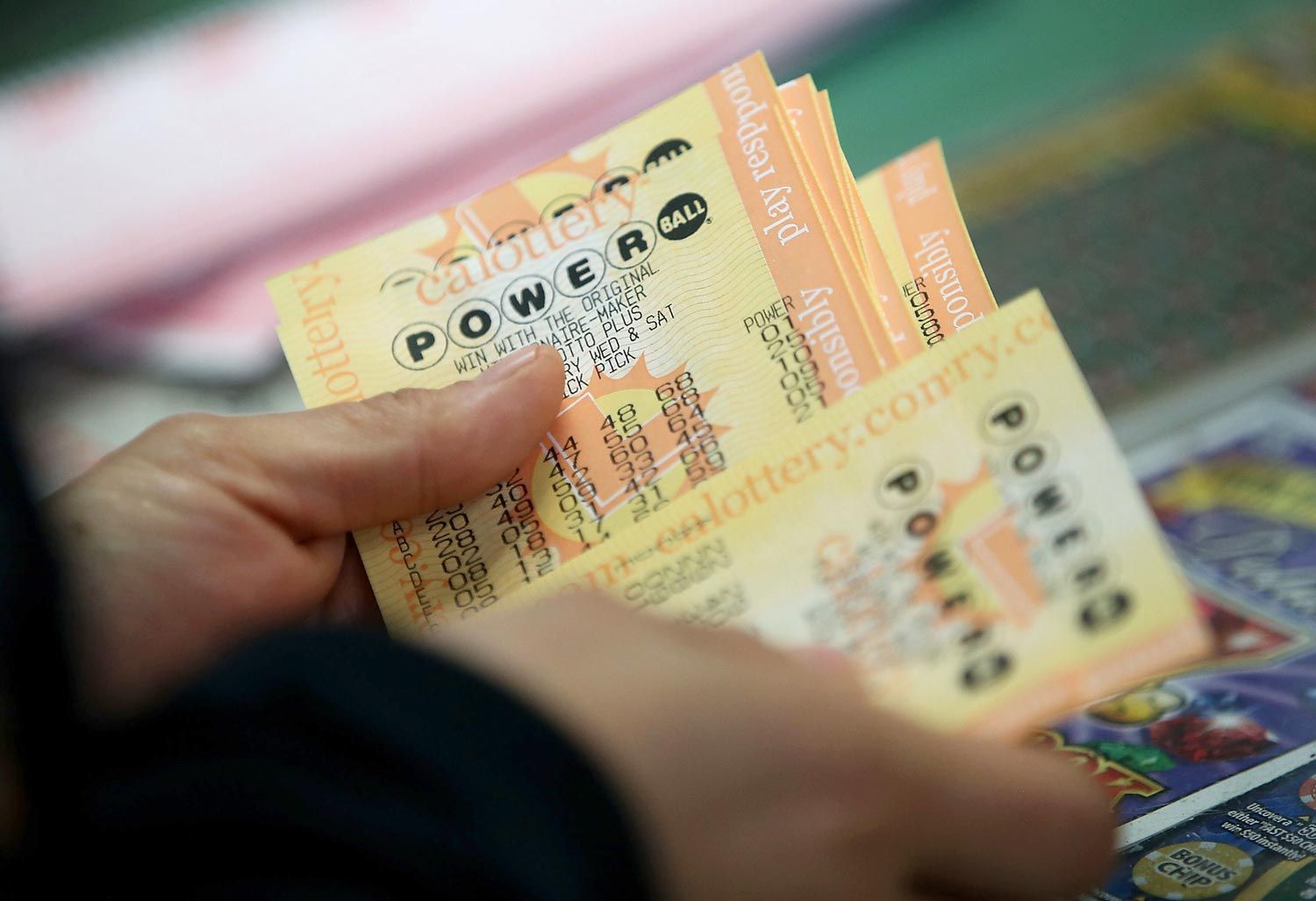The Powerball jackpot is soaring, capturing the attention of hopefuls nationwide. As the estimated prize reaches a staggering $426 million, the dream of instant wealth becomes a tantalizing prospect. However, before visions of luxury spending take over, it’s crucial to understand the tax implications that come with such a substantial windfall.
This article delves into the details of the current Powerball jackpot, examining the potential payout and the significant role taxes play in determining the final amount a winner would receive. We’ll explore federal and state taxes, lump-sum vs. annuity options, and strategies for managing your finances effectively if you happen to strike gold.
Powerball Jackpot Reaches $426 Million
The Powerball jackpot has surged to an estimated $426 million, drawing considerable excitement as the next drawing approaches on Monday, August 4. This substantial prize has fueled dreams of financial freedom for many, but it’s important to understand the realities of the payout process.
According to Powerball, if a lucky player matches all five numbers and the Powerball, they’ll have the option to receive the full $426 million over 30 years or take a one-time lump sum payment. The lump sum, however, is significantly less due to its present value. In this case, the lump sum cash-out option is $193.5 million.
Choosing between the annuity and the lump sum depends on individual circumstances and financial goals. The annuity provides a steady stream of income over three decades, which may be appealing to those seeking long-term security. On the other hand, the lump sum offers immediate access to a large sum of money, allowing for investments or other financial opportunities.
The Tax Bite: Federal Withholding
Winning the Powerball comes with a hefty tax bill, starting with the federal withholding tax. Lottery winnings are considered income by the IRS, and as such, they are subject to federal taxes. Currently, a 24% federal withholding tax is applied to the prize before it’s disbursed. This means that the $426 million jackpot is immediately reduced by 24%.
For the $426 million jackpot, the 24% federal withholding tax amounts to $102.24 million. This leaves a preliminary total of $323.76 million. Similarly, the $193.5 million lump sum is reduced to approximately $147 million after the initial 24% federal tax deduction.
However, the initial withholding is just the beginning. Depending on the winner’s overall income for the year, they could fall into a higher tax bracket, resulting in an even larger tax liability when they file their annual income tax return. According to Forbes, the reduced total could also be taxed at 37% depending on the winner’s income.
State Taxes on Lottery Winnings
In addition to federal taxes, state taxes can further diminish lottery winnings. However, the good news for residents of certain states is that they are exempt from state taxes on lottery prizes. According to , eight states do not tax lottery winnings: California, Florida, New Hampshire, South Dakota, Tennessee, Texas, Washington, and Wyoming.
For residents of states that do tax lottery winnings, the rates vary considerably. For instance, New York has the highest state tax rate at 10.9%, while other states typically range from 3% to 6%, according to CNBC. This can significantly impact the final amount the winner takes home.
It’s also important to note that if a ticket is purchased in a state that differs from the winner’s state of residence, taxes could apply in the state where the ticket was purchased. Winners should consult with a tax advisor to understand their specific state tax obligations.
Lump Sum Versus Annuity: The Better Option?
Lottery winners face a significant decision: whether to take their winnings as a lump sum or as an annuity paid out over 30 years. Each option has its own advantages and disadvantages, and the best choice depends on the individual’s financial situation and risk tolerance.
The lump sum provides immediate access to a substantial amount of money, which can be invested or used to pay off debts. However, it also comes with the risk of mismanaging the funds or facing a larger immediate tax burden. The annuity, on the other hand, provides a steady stream of income over time, which can be appealing to those who prefer a more conservative approach.
Financial advisors often recommend considering factors such as age, investment knowledge, and spending habits when making this decision. Those who are confident in their ability to manage a large sum of money wisely may opt for the lump sum, while those who prefer a guaranteed income stream may choose the annuity.
Recent Powerball Wins and Oddities
While the odds of winning the Powerball jackpot are slim (1 in 292.2 million), smaller prizes are more attainable. On Saturday, August 2, a player in Georgia won a $1 million Powerball prize, demonstrating that even without hitting the jackpot, significant winnings are possible.
Sometimes, luck strikes in unexpected ways. As reported, a Massachusetts man won two million-dollar lottery prizes in the same drawing after accidentally buying two Powerball tickets. Paul Corcoran mistakenly thought the first ticket was for a past drawing and purchased a second, resulting in a $2 million windfall.
These stories highlight the unpredictable nature of the lottery and the importance of understanding the rules and odds. While winning the jackpot is a long shot, smaller prizes can still provide a significant financial boost.
Conclusion
The Powerball jackpot’s impressive $426 million prize sparks dreams of life-changing wealth. However, it’s crucial to remember that taxes significantly reduce the final payout. Potential winners must carefully consider federal and state taxes, along with the choice between a lump sum and an annuity.
Consulting with financial and tax advisors is essential for navigating the complexities of lottery winnings. With careful planning and sound financial management, winners can make the most of their newfound wealth and secure their financial future. While the odds may be daunting, the possibility of winning remains a powerful motivator for many hopeful players.

Leave a Reply